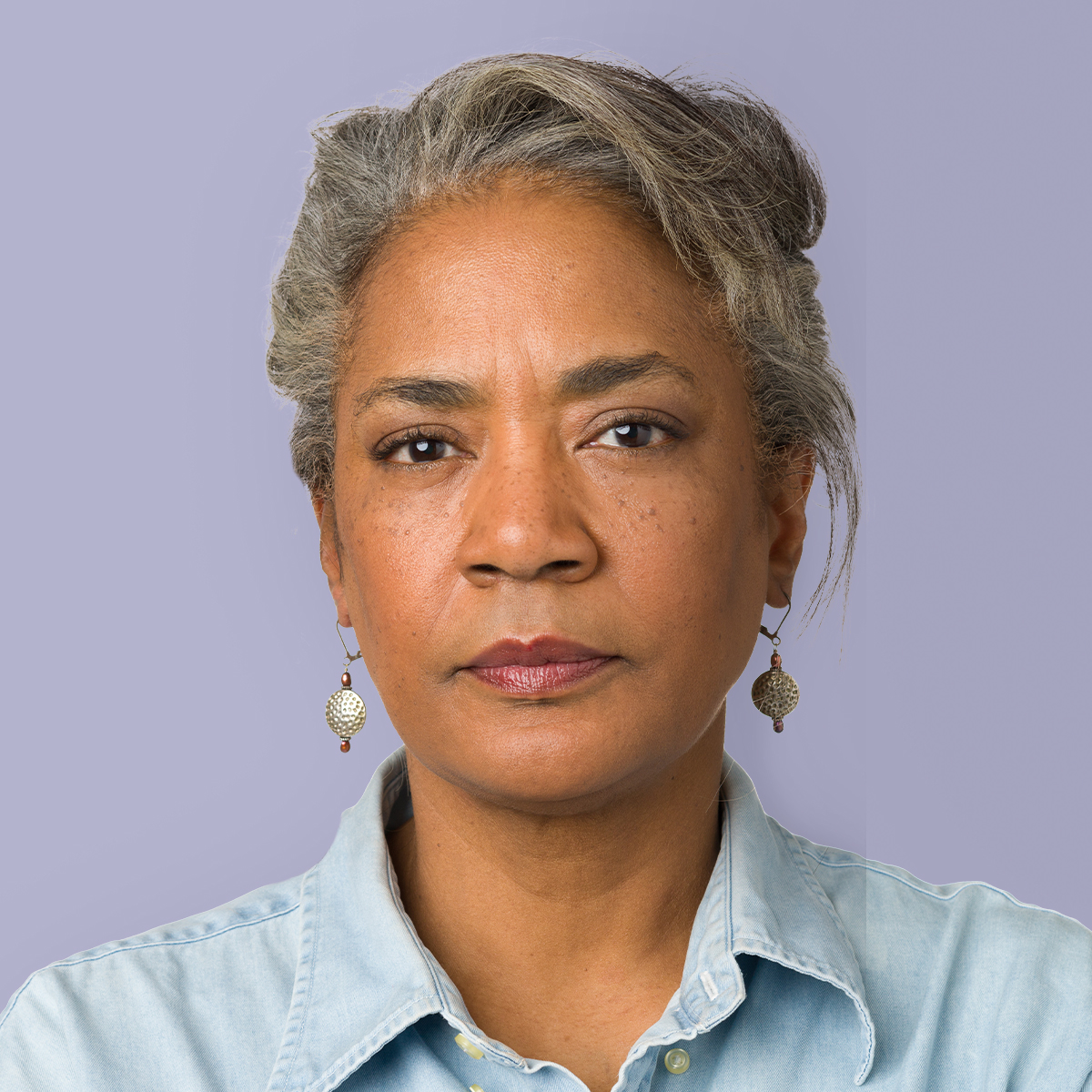
Pursuant to 2023 Senate Enrolled Act No. 3, the CST Program, staff, equipment, and funding will transfer from the Executive Branch to the Judicial Branch on July 1, 2024.
The Wyoming Department of Health, Behavioral Health Division, is no longer accepting applications for SFY2024 Wyoming Court Supervised Treatment Program funding.
For questions or additional information, please contact:
Behavioral Health Division
Court Supervised Treatment Program
1-800-535-4006 or (307) 777-5817
About the Wyoming Court Supervised Treatment Program
What is a Court Supervised Treatment Program?
- CST Programs focus on treating the addictive behavior rather than incarceration the individual because of an addiction.
- District, juvenile, circuit, municipal or tribal court judges or magistrates may refer substance offenders to the program and an individual’s participation in the program is voluntary.
- CST Programs offer wrap around services which allow the judiciary, prosecution, defense, probation, law enforcement, treatment, mental health, social services, and child protection services to intervene and break the cycle of substance abuse, addiction, and crime.
- Coordinated efforts of CST Program personnel and volunteers help effectuate changes not only with the individuals, but the community as a whole.
- CST Programs provide supervision and treatment programs for drug-using offenders. The programs include frequent drug testing, judicial and probation supervision, individual, group and family counseling, drug abuse treatment, educational opportunities, employment requirements, and the use of sanctions and incentives. The judge has more involvement in supervising CST Program offenders than just placing an individual in a probationary or diversionary program for drug treatment.
- The philosophy of the CST Program is that by using appropriate adaptive mechanisms, building coalitions around the resources of family, friends, community and treatment, and structuring a suitable recovery environment, most people will be capable of living free from abuse of or dependency on alcohol or other drugs. Utilization of group, individual and family therapy, drug testing, court appearances and case management in a structured and disciplined environment are all strategies of the program.
Core Mission
Key Players
- A CST Program is unique in bringing the facilitating agencies to the same table for the benefit of the offender. The CST Program judge, coordinator, prosecutor, public defender, treatment providers, law enforcement, and other agencies work together in collaboration to encourage the offender’s success. This collaborative effort also extends outside of the courtroom to other agencies helping the offender such as social services staff, health providers, job training representatives and others. The strength and effectiveness of a drug court lies in the communication between involved players.
The CST Model
CST Program Goals
- Reduce recidivism by participants both in-program and post-program
- Strive for program retention and graduation of participants
- Strive for sobriety of participants by ensuring all graduates have a minimum of 120 consecutive sobriety days prior to graduation
- Monitor the services provided to participants: treatment, ancillary, supervision, and drug testing
Why use CST?
CST Programs were created to address:
- an increase in drug offenses and criminal case filings
- overwhelming caseloads for courts, prosecution and defense
- ineffective resolution as a result of plea bargaining
- revolving-door justice
- over-crowded prisons
- an increase in spending on prison costs
- the cycle of addiction
- future felony activity by creating an intervention at the misdemeanor level
- Having a CST Program in place will allow corrective actions to be taken when a drug or alcohol offender is identified through the judicial system
- A CST Program will interrupt the repetitive cycle of an offender by using rehabilitative measures
- Rehabilitating an individual will save taxpayer dollars in several different ways:
-
- Treatment costs are less than jail costs
- Less crime will be committed to support substance abuse habits
- Less insurance costs
- Offenders become working citizens who pay taxes instead of using tax dollars
-
How is CST Different?
- Adversarial Approach
- Judge (Impartial)
- Defense Attorney (collaboration)
- Prosecutor (public safety)
- Defense Attorney (constitutional rights)
- Negotiation b/w prosecutor and defense
- Trials
- Therapeutic Jurisprudence, Problem-Solving Approach, Judge (Team leader)
- Prosecutor (collaboration)
- Defense Attorney (collaboration), Adds additional members to team.
- No plea bargaining (Judge is involved)
- No Trials (Judge is involved)
- Successful completion of the CSP program can result in dismissal of the charges
- Sentencing Graduation
- Optional and At the Program and Person’s Choice
Types of CST Programs
Eligibility and Graduation
Typical Eligibility Requirements:
o The participant must have plead guilty
o The participant must submit to a substance abuse evaluation
o The participant is monitored by “supervised” probation
o The participant cannot be accused of a violent felony
o The prosecuting and defense attorneys must “agree” to allow participation
o The participant must consent to participate in the drug court program
o The local CST Program team must agree to admit the participant
Typical Graduation requirements:
o Require successful completion of the ordered treatment program
o Require a minimum of 12 months participation
o No drug or alcohol use for a minimum period of at least 9-12 months
o Pay fees, fines and/or restitution and contribute to the cost of their program
o Be employed or attending school
o No new criminal activity
o Demonstrate he/she is able to live a clean and sober lifestyle
Links and More Information
-
-
- 5-12-101 to 5-12-103 – – Judicial participation
- 7-13-1601 et seq – – Court Supervised Treatment Program
- 5-9-134 – – Probation; correction and reduction of sentence
- 7-13-304(d) – – Imposition of modification of conditions; performance of work by defendant
- 7-19-106(a)ix) – – Access to, and dissemination of, information
- 14-6-429(d)(viii) – – Decree where child adjudicated in need of supervision; dispositions; terms and conditions; legal custody
- 14-6-247(a)(xiv) – – Sanctions common to all levels
-
Wyoming Secretary of State Chapter 8 – Rules and Regulations for State Funding and Certifications of Court Supervised Treatment Programs
National Institute on Drug AbuseBureau of Justice Assistance -General InformationBureau of Justice Assistance -Grant InformationAmerican University – Justice ProgramsNational Association of Drug Court Professionals and the National Drug Court InstituteSubstance Abuse & Mental Health Services AdministrationCARFJoin Together Online
The Foundation Center – Foundation FinderDefense Research InstituteNational Development & Research Institutes, IncAll RiseNational Center for DWI Courts/
Wyoming CST Program Guidelines
In accordance with the core mission, the CST Program is striving to standardize best practices across the state to ensure all goals of the CST program are met.
Date Last Posted: 6/30/2022
Local CST Programs
Albany County Court Supervised Treatment Program
Laramie, WY 82070
(307) 721-1850
Northern Wyoming Treatment Court
Basin:
420 West C Street, 3rd Floor
Basin, WY 82410
(307) 568-2390
Worland:
1001 Big Horn Ave
P.O Box 494
Basin, WY 82410
(307) 770-2179
Campbell County Adult Treatment Courts
Gillette, WY 82716
(307) 687-6470
Campbell County Juvenile & Family Drug Court
Gillette, WY 82716
(307) 682-0746
Fremont County Adult Court Assisted Treatment Program
450 North 2nd Street, Room 150 Lander, WY 82520 (307) 332-1108
Fremont County Juvenile Treatment Court
450 North 2nd Street, Room 100
Lander, WY 82520
(307) 332-1084
Johnson County Court Supervised Alternative Treatment Program
Buffalo, WY 82834
(307) 684-9076
Laramie County Drug and DUI Courts
Lincoln County Adult Probation Program
Afton, WY 83110
(307) 885-4945
Natrona County Court Supervised Treatment Program
Casper, WY 82601
(307) 235-2000
Park County Court Supervised Treatment Program
1501 Stampede Ave Ste 205
Cody, WY 82414
(307) 527-1800
Sheridan County Adult Drug Court
Sheridan, WY 82801
(307) 674-2935
Sweetwater County Treatment Court Foundation
50140 C US Highway 191, Suite 216
Rock Springs, Wyoming 82901
(307) 922-5238
Teton County Court Supervised Treatment Program
200 S. Willow St
PO Box 3594
Jackson, WY 83001
(307) 732-8224
Uinta County Court Supervised Treatment Program
Evanston, WY 82930
(307) 783-1000
Sublette County Treatment Court
(County and privately funded)
40 S. Fremont
PO Box 2176
Pinedale, WY 82941
(307) 367-5103

